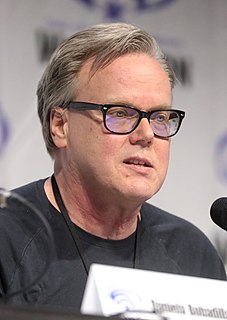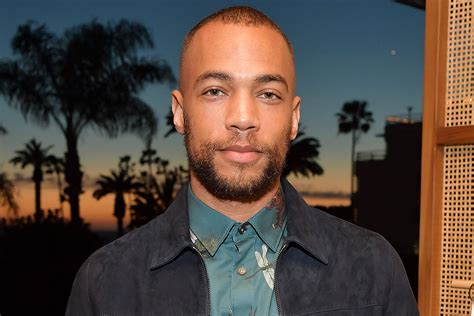A Quote by Bill Ayers
I don't buy the whole mythology of the sixties. I think I'm an intergenerational person.
Related Quotes
For black people in the western hemisphere, if you can't generate a mythology that creates models of heroism and power out of the mythology that you had, then that means that somehow the mythology you had was not only feeble and weak, but that you are ultimately a powerless people. That's a notion that, I think, that can't be accepted.
Mythology is not a lie, mythology is poetry, it is metaphorical. It has been well said that mythology is the penultimate truth--penultimate because the ultimate cannot be put into words. It is beyond words. Beyond images, beyond that bounding rim of the Buddhist Wheel of Becoming. Mythology pitches the mind beyond that rim, to what can be known but not told.






































